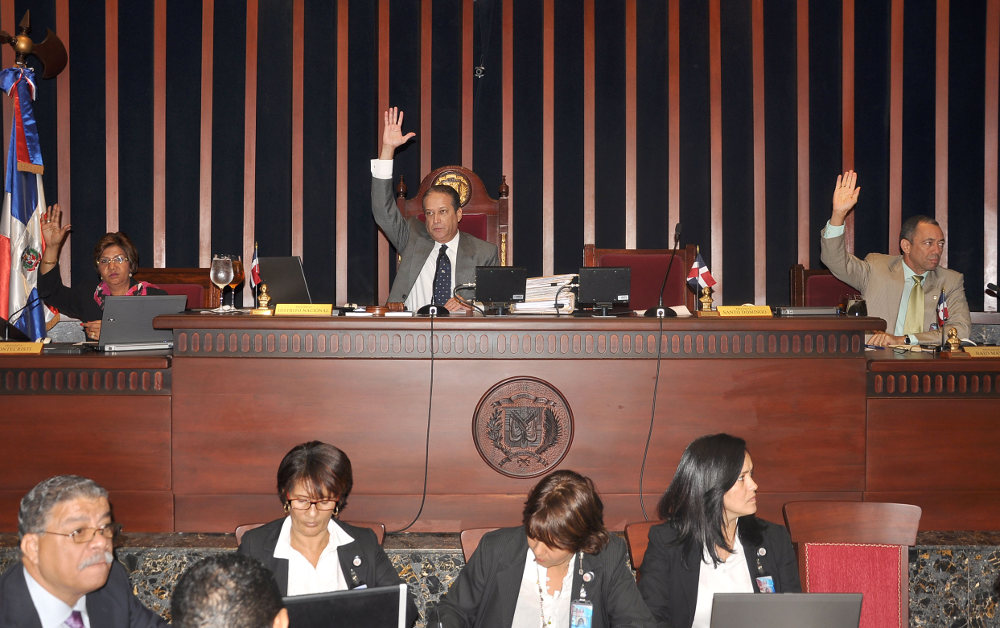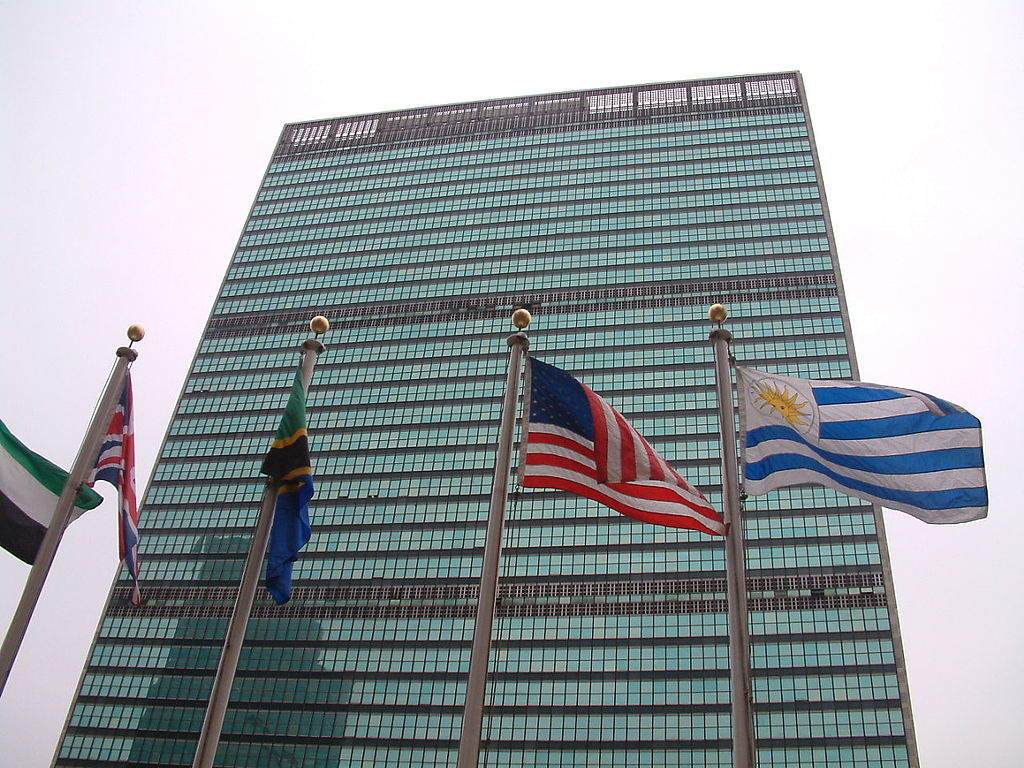SANTO DOMINGO, Dominican Republic (ViaNews) – Normal human beings don’t usually understand why sex offenders do such crimes and believe the whole thing to be inconceivable, unacceptable, and atrocious. At the heart of this problem, experts say, may be various mental illnesses, making it a difficult problem to solve. Forcing a woman or a child into making sex, mainly through violence or threat, may also be classified not as a sexual deviance but as a manifestation of power residing in the person´s sick mind. Neuroscience, psychology, and psychoanalysis can have similar or different answers.
In the Dominican Republic, the congressional representative for the El Seibo Province, Jean Luis Rodriguez, has now presented a bill which will add to the possible penalties for sex offenders. Included is a hormonal treatment called “chemical castration”, on those guilty of sexual assault, child abusers, and repeat offenders. The same would also create a “National Registry of Sex Offenders”, available to the public and monitored by the Police.
According to Diario Libre, a Dominican Republic newspaper, Rodriguez stated that “during 2015 and 2016, 4,285 children were registered as sexually abused and there were 2, 542 persons incarcerated for sexual assaults on minors. Last year women presented 578, 418 reports of sexual abuses and family violence, an average of 64,268 per year. <...> According to current statistics, six children are sexually abused every day in the Dominican Republic.
I feel the obligation to present this legislative proposal in order to try to halt these crimes that affect hundreds of families every year”, Rodriguez stated.
Rodriguez went on, adding that “It must be stated that this is a common situation in other parts of the world. Different states across the United States have had bills presented in Congress for similar legislation, such as California, Georgia, Florida, Oregon, Wisconsin, Texas, Louisiana, and Iowa. Also, foreign countries such as Poland, Russia, Moldavia, Estonia, South Korea, and more recently, Colombia, Mexico, Ecuador, and Peru. Other countries have voluntarily approved this treatment by the offender: the United Kingdom, Spain, France, Argentina, and Indonesia.”
According to the same report, Rodriguez stated that several countries have already legislated in favor of this type of sentence and that those that receive the treatment have reduced repeat offenses to only 5%. He added that sexual abuse, rape, and other sexual offenses are based in the brain on a hormonal ingredient affecting the way these persons handle aggression.
The answer is the application of antiandrogens in order to lower the serum levels and the amount of testosterone in the blood, thereby lowering the aggressive tendencies in the subjects. He argued that chemical castration, more than a penalty, should be viewed by the authorities as a precautionary measure.
What Scientific Data Has to Say About it
On May 16, 2016, the Newsweek Media Group website, Medical daily, takes a scientific look at these facts and got to the following conclusions.
1) The real number of “offenders, offenses, and re-offenses may be unclear since many child molesters are never caught and convicted, to begin with – according to the Department of Justice, only 30 percent of all types of sexual assault cases, including those where children become victims, are ever reported.”
2) Other cases suggest that “offenders plea bargain down to lesser crimes.”
3) “some sex offenders are closely watched once released” and they are on the “registered offenders’ list”, which acts as a deterrent, making it more difficult for child molesters to attack again.
4) Medical Daily report ads the following conclusion “What separates those who violate children from those who have urges but do not act? In some cases, the difference may be a matter of receiving treatment, commonly referred to as “chemical castration.”
Justice Into Their Own Hands
In the Dominican jails, inmates have been doing justice themselves, applying their own code of law directly to rapists and pedophiles. What sometimes ends up happening inside Dominican jails is the death of sexual offenders by their fellow inmates.
On March 13, 2017, the Dominican Republic newspaper, Listin Diario, reported that the President of the National Committee on Human Rights, Manuel Maria Mercedes, “attributed to the Government the sole responsibility for the occurrence of these events, especially in old model prisons”.
The Listin Diario also added that Santiago Asencio, a 47-year-old man, was accused of raping a nine-year-old girl, Darlenis Mercedes Bastardo. Even though he denies the facts, it was allegedly public knowledge he was guilty.
The inmates were expecting him, saying that “You´ve got it coming”, and “we only kill rapists”.
The suspected rapist was sent to the Higuey prison to await trial and the other inmates badly beat him and burned his genitals causing his death.
“Cases such as these are common in Dominican prisons and the worst is that the rest of society views it as a normal thing and some are of the opinion that rapists should be beaten and killed.”
The Legal Considerations
Viewing these statistics the legislator, Jean Luis Rodriguez, added that chemical castration would only be implemented when the judge considers appropriate. That includes taking into account the testimony of one or more forensic psychiatrists required for cases of repeat rape offenders, cases in which the victim dies, is unconscious or incapable of defending itself.
It would also be applied in cases of incest without any possibility of attenuating circumstances in favor of the accused.
It will, additionally, fully incorporate the mandates of law No. 550-14 of the Dominican Penal Code, which allows the presumed rapist to voluntarily submit to the chemical castration procedure, together with other psychological treatments. Nevertheless, in extreme cases of repeat offense, “castration will be obligatory considering that the offender is a menace to society, while also incorporating into the Penal Code the non applicability of the statute of limitations of the crimes against “sexual freedom” eliminating as well any incarceration benefits, including probation, in these cases.”
It is common to read of crowds lynching men that have been identified as rapists, being especially violent in cases of cases involving children, both boys, and girls.
Furthermore, there is a debate worldwide as to how these offenses should be handled. The supporters of this being a mental health issue believe that if the rapist mentally ill, then they should be given psychiatric treatment, not penal sentences. An idea that provokes violent opposition to the ones viewing sex offenders as criminals.
Obviously, the debate will not be resolved by Mr. Rodriguez´ Bill. In the meantime, people in the Dominican Republic take justice into their own hands.








